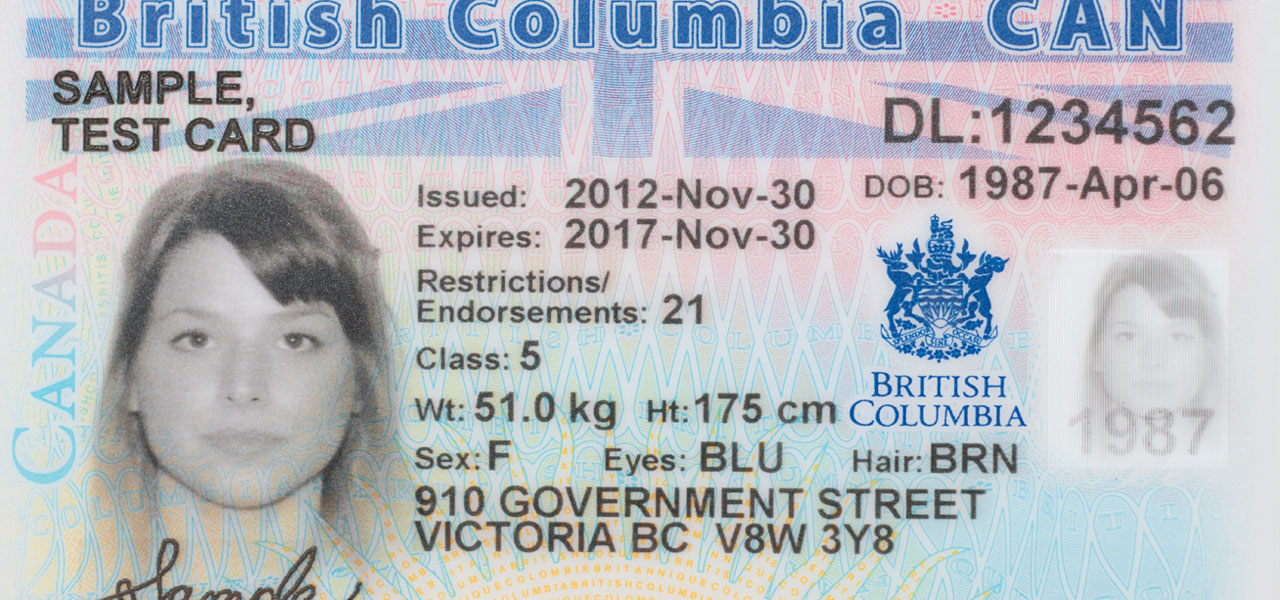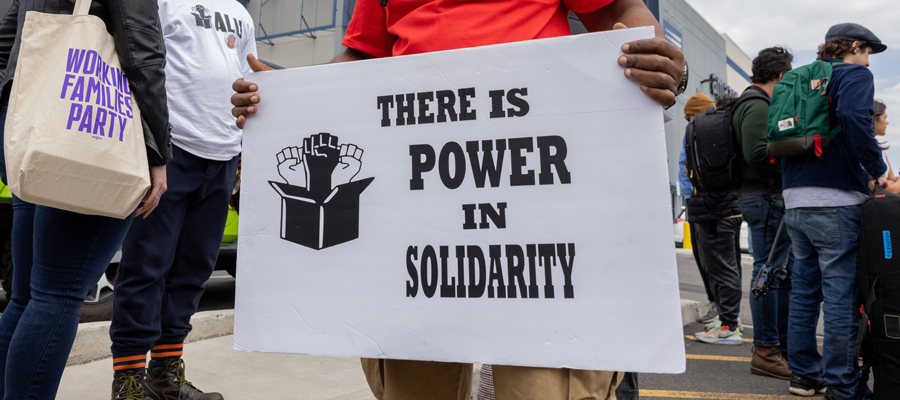Lower premiums for single parents not enough; it’s time to see the end of MSP
In the lead up to the provincial budget we talk a lot about the changes we want to see in how our government is spending our public funds. And with good reason. After years of neglect and underfunding, alarming holes are emerging in key areas from child protection services and public schools to housing affordability and climate action. They need urgent attention.
But so does the other side of the ledger. BC’s tax system has become remarkably regressive since the turn of the century, as we’ve documented here. There’s no shortage of ideas for how to make our tax system more fair. One of the most obvious is getting rid of MSP premiums — a tax which charges families the same dollar amount regardless of income (above a low income threshold of $30,000).
Premier Clark defends MSP premiums as a necessary cost of public health care, but the reality is that all other Canadian provinces are managing to provide public health care without charging such unfair taxes.
Ontario and Alberta used to have similarly structured health premiums but scrapped them as of January 1990 and 2009, respectively. Instead of following suit, the BC government doubled down on MSP premiums, hiking them by 50% in 2002 and then increasing them by about 4% every year starting in 2010. As a result, MSP premiums have more than doubled since 2001, rising from $432 to $900 per year for individuals and from $846 to $1,800 per year for families of three or more. The province is expecting to collect $2.5 billion from MSP in 2016/17, almost as much as we get from corporate income taxes.
I was pleased to see the recent calls to end this unfair tax from opposition parties (here and here), grassroots activists in the BC Health Coalition and concerned citizens. They are right.
BC should be paying for health care the same way we pay for public schools, policing and crime prevention, environmental protection and all the other public programs or services — from general revenues. Truth be told, we already pay for health care this way — MSP premiums’ only real connection to our public health care system is their clever name. The premiums themselves flow into general revenue and amount to only 13% of public health care costs.
After seven consecutive increases, the BC government is clearly feeling the public pressure. This is why they’ve already announced that Budget 2016 will contain some MSP premium relief for single parents: single parents would pay the MSP premiums rate for an individual regardless of the number of children they have or their income.
The BC government has said this would help “as many as 70,000 families” but consider that’s just over one third of single parent families in the province; Census 2011 counted 189,805 lone parent families in BC, and their number is likely higher now). Why so few? Because many single parent families already receive premium assistance and won’t be affected by the change. Remember that half of all BC children in single parent families are living in poverty, as First Call’s 2015 Child Poverty Report Card documents.
This falls far short of what’s needed.
The BC government knows this, which is why Mike de Jong recently revealed the budget would make other changes to MSP premiums. However, no amount of tinkering around the edges will solve the fundamental problem with MSP premiums: they are an unfair tax.
Think about it. MSP premiums are a significant expense of the income for a two-parent family of four living on $40,000 per year, amounting to 4.5% of income. But they are inconsequential to a family making $400,000 per year. Plus, many people in jobs with good benefit plans (jobs that typically pay higher than average wages) have their premiums paid by their employers, while workers in precarious jobs with no benefits are left paying out of pocket. This makes the tax even more unfair.
In a 2013 report on tax fairness, Seth Klein and I modelled one way to replace the revenues lost from eliminating MSP with a progressive income tax. There are many others.
For example, when Ontario got rid of its health premium in Budget 1989, they replaced it with a combination of a personal income tax increase and a payroll tax (called the Employer Health Levy). The Ontario government at the time argued this is a fair reflection of the fact that both people and business benefit from public health care and have traditionally shared the costs (as is the case in BC, many Ontarians had their health premiums paid by their employers).
There’s no good reason to keep MSP premiums. Budget 2016 should spell the end of this unfair tax.
Topics: Features, Provincial budget & finance, Taxes






